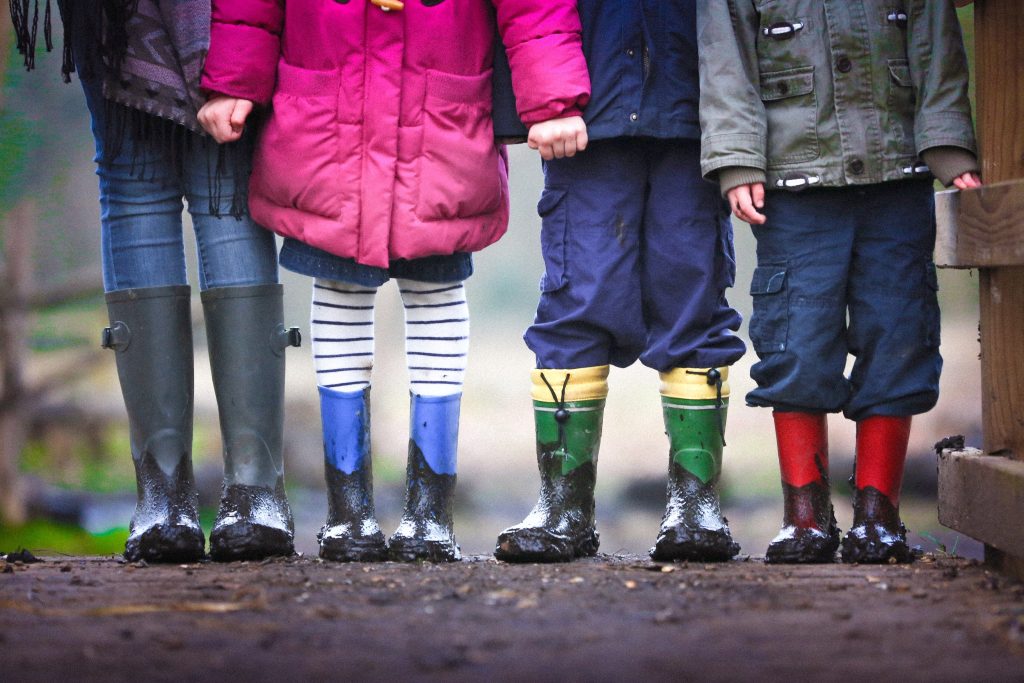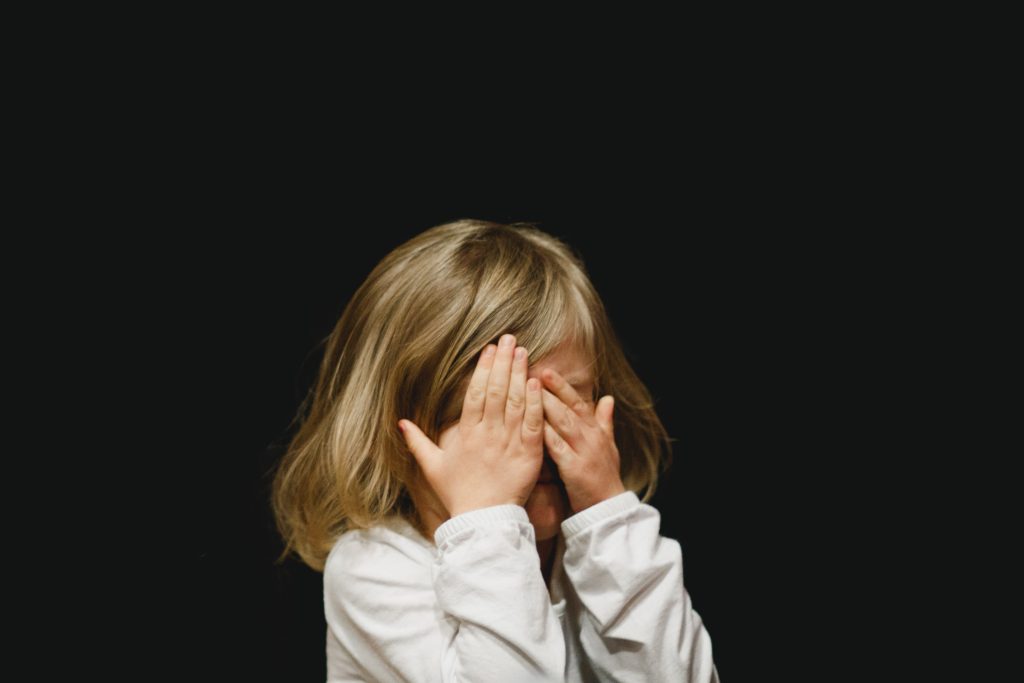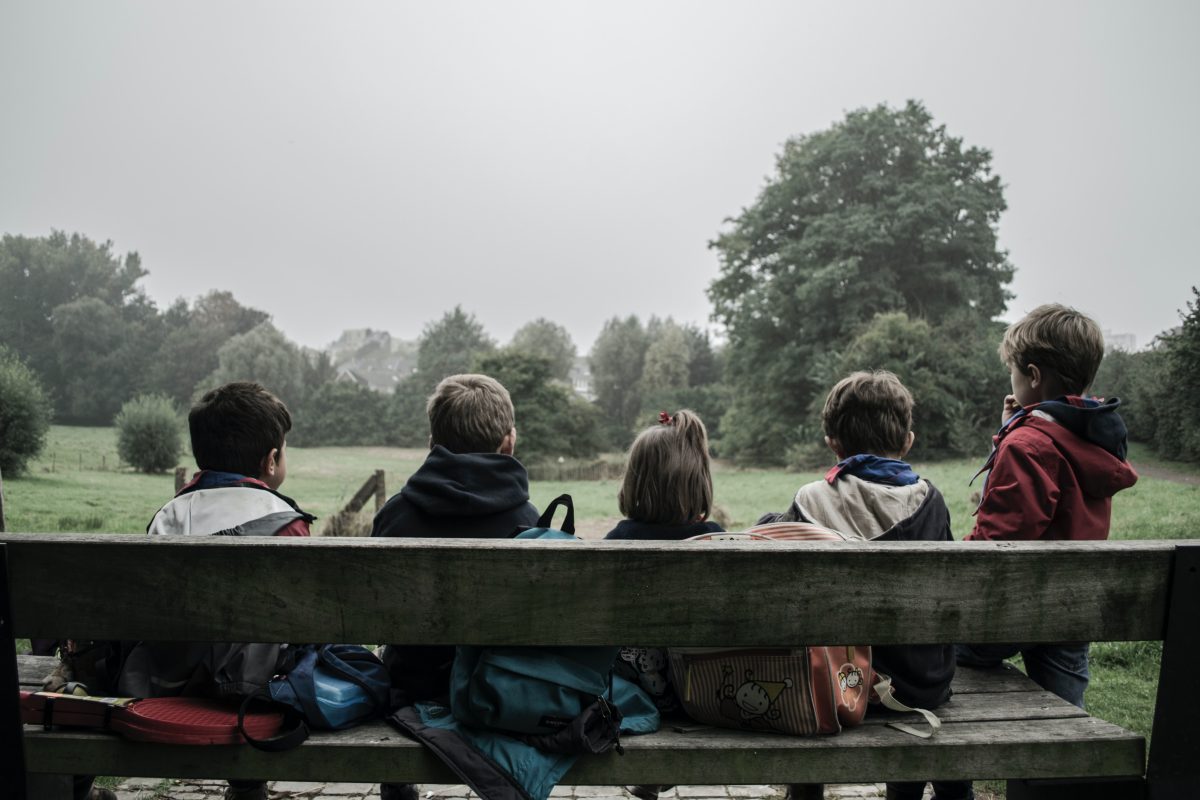The dilemma of growing up in an alcoholic family
We know that alcoholics have a profoundly negative impact on the family, especially the children.
Not all children of alcoholic parents suffer identical emotional effects. Some seem to survive quite well. Accounting for this is a variety of factors, such as the age of onset of parental alcoholism, number of children in the family, ordinal position, friends outside the family, and which parent is the alcoholic. However, it appears that studies involving these children can generalised into two broad categories, the “haves” and the “have nots.” What they have or do not have is their ability to establish positive primary relationships outside the home.
The importance of the primary relationship for a child’s development is well established. Although most primary relationships occur within the home, for many children of alcoholic parents, these relationships are developed outside the house. They can achieve virtually the same importance in the child’s life. Perhaps for the child of alcoholic parents, it is not so crucial that primary relationships are established in the home, but they are set somewhere. The issue of primary relationships becomes a determining factor. It will be further elaborated on when addressing the role of the school and teachers.
Although not all children of alcoholic parents are affected in the same way, there are some experiences (and reactions to these experiences) that these children endure and share.

The Young World
“We all just go off and nurse our wounds…nobody cares how you feel.” This statement made by a child of alcoholic parents reveals much insight into the unseen world of these children. The children possess opinions – often evident – about their situations and their parents’ behaviour.
When such children discuss their parents with counsellors, parental role inconsistency is a central theme. The same is true when parents are talking about their children. The only difference may be that the alcoholic is putting forth inconsistency, and the children are forced to accept it, thus reacting to it in behavioural patterns those typical situations would not make necessary. The parents are actors, and the children become reactors. Because they are continually faced with inconsistency, they are forced to react in ways that are consistent neither with their roles as children nor with their basic personalities.
Often children of alcoholics see themselves as highly mature for their age. This is because they are often called upon to act more grown-up than their parents. They must anticipate their reactions to the parents’ actions and limit and subjugate many childhood mannerisms. They consciously curb their feelings and behaviour to “not to rock the boat.” This may be called “hypermaturity.” However, any adverse consequences of hypermaturity may not be noticeable to adults. The hypermature child is usually very responsible, can handle leadership positions, takes charge of situations and outwardly displays competent behaviour. This type of behaviour is valued by adults and is seldom seen as having negative developmental consequences for the child. However, inwardly for the children, this form of accelerated development can cause high degrees of role inconsistency where the child is physically an adolescent but feels the responsibilities of an adult.
Ambivalence and Self-worth
These children constantly monitor their own behaviour, frequently at the expense of creating feelings of conflict, resentment, anxiety, and anger. They also experience immense ambivalence – thy may find themselves loving the person who drinks but hating the drinking.
Children see parental behaviour as a reflection of their worth. Children of alcoholics tend to feel that because there is something wrong with their family, there is something wrong with them.
They may fear ridicule or rejection from friends. Even within the home, siblings may isolate themselves instead of sharing feelings of mutual endurance. Much of children’s modelling behaviour is taken from their parents. Unsurprisingly, the children of alcoholic parents often argue more than others, finding little emotional comfort from their brothers and sisters.

The Young Opinion
It has been observed that children of alcoholic parents have specific attitudes about alcoholism in the family.
One finding is that children regard an alcoholic mother as more detrimental than an alcoholic father. Societal disapproval may play a significant role here, as well as the prominent role of mother-child bonding and relationship. Research indicates that female alcoholics usually suffer more societal disdain than male alcoholics. Also, the male traditionally has fewer contact hours with the children, mainly when they are young.
If the alcoholic is male, the tolerance level and, at times, even acceptability for his behaviour will be relatively higher. The children will endure for a more extended period than if the alcoholic is female.
It is also observed that getting help for female alcoholics is more complex, especially in Alcoholics Anonymous (AA).
Pawns in a Game
Another fact revealed by studies is that children consider fighting in the home worse than the drinking it accompanies. The children can find some respite from drinking, but not from the fighting and constant tension caused by alcoholism. One of the most challenging problems for children is not the acceptance of parental drinking but trying to understand the relationship between their parents. Unable to realise that it is a drug-affected relationship, they have difficulty understanding why their parents constantly argue or why they have little emotional involvement with each other. They are puzzled as to why the couple stays together; on the other hand, when separation occurs, what little security they have is shattered. They consider themselves pawns in a game they do not understand or victims of a battle they cannot escape.
Getting help
It is essential to seek support for the children, regardless of the parent’s recovery. Whatever emotional damage has occurred needs to be addressed. Otherwise, the impact is carried over into the children’s growth and future relationships. The disease must be arrested. Addiction counsellors and participation in Alateen is the first step toward the child’s recovery.
If you or a loved one is facing any alcohol related issues, call Freephone0800 140 4044
Freephone: 0800 140 4044
Local rate: 0300 330 3040

